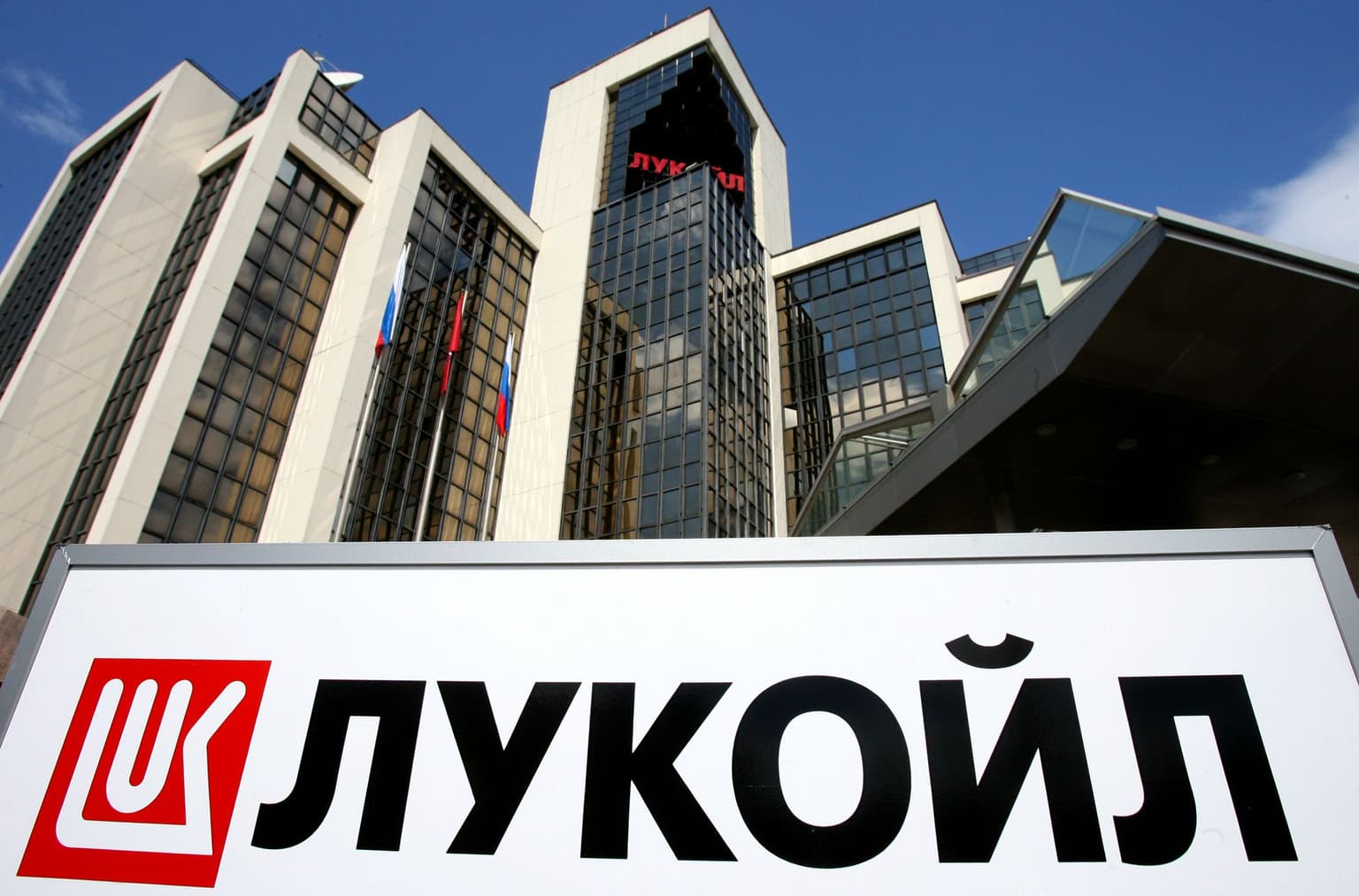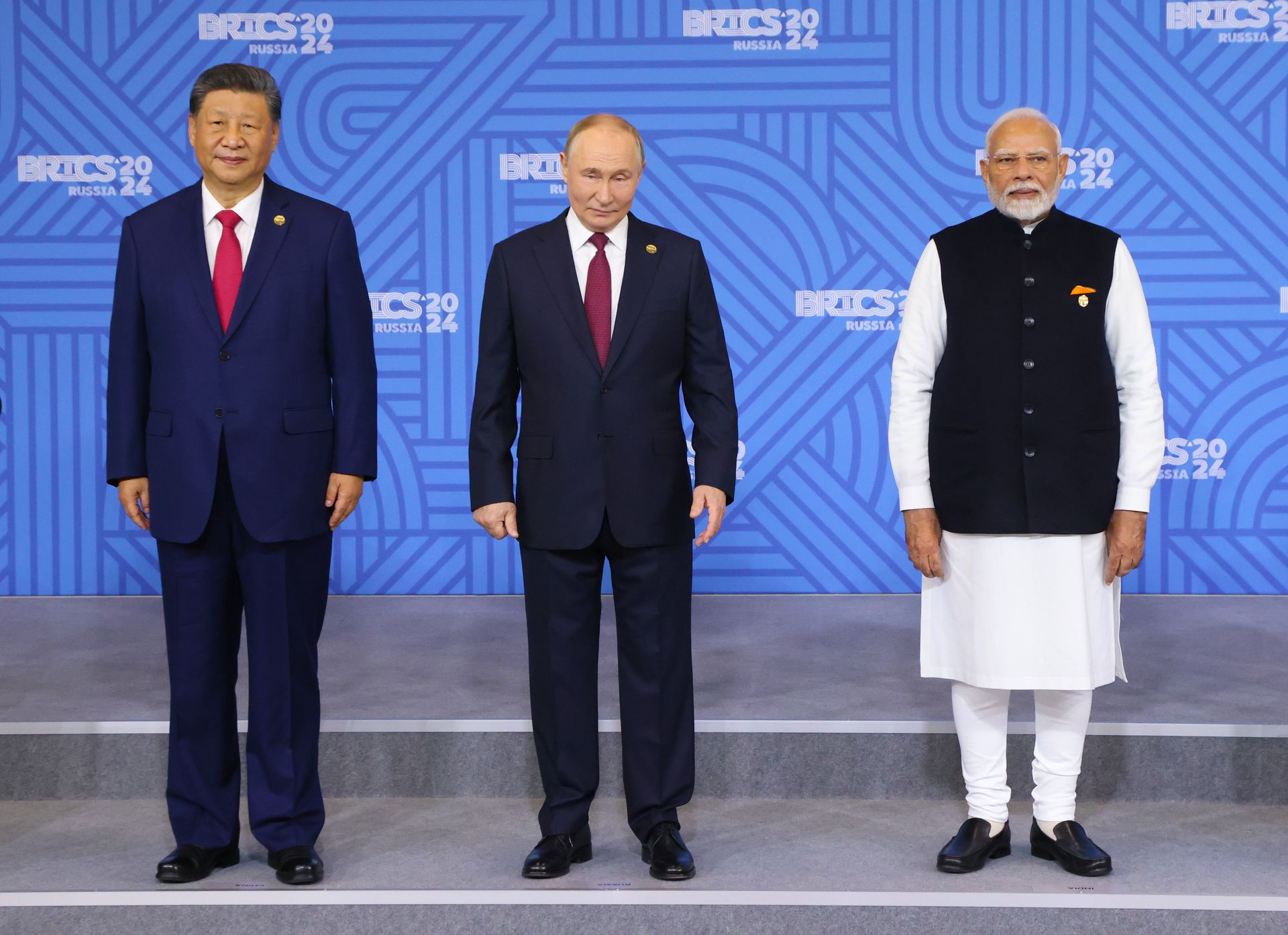UK imposes 'strongest sanctions yet' on Russia, targets 2 oil giants

The U.K. government on Oct. 15 imposed its "strongest sanctions yet" against Russia, blacklisting five individuals and 35 companies, including oil giants Rosneft and Lukoil, as part of a package targeting 90 new entities and vessels.
The measures aim to choke off Russia's vital fossil fuel revenues that fund its war against Ukraine.
According to the U.K. Foreign Office, both Rosneft and Lukoil conduct business in sectors of "strategic and economic significance" to the Russian government.
The sanctions include asset freezes and restrictions on trust and transport services, extending the reach of previous U.K. and EU measures targeting Russia's energy sector.
Rosneft alone accounts for nearly half of Russia's oil production and 6% of global output. The oil and gas industry generated 113 billion euros ($131 billion) in tax for the Kremlin in 2024, about a third of its total revenue, covering 83% of military expenditures.
"At this critical moment for Ukraine, Europe is stepping up," U.K. Foreign Secretary Yvette Cooper said. "Together, the U.K. and our allies are piling the pressure on (Russian President Vladimir) Putin — going after his oil, gas, and shadow fleet."
"We will not relent until he abandons his failed war of conquest and gets serious about peace."
The new U.K. measures also target foreign companies that facilitate Russian oil exports, including India's Nayara Energy — in which Rosneft holds the largest share — and China's National Pipeline Group Beihai Liquefied Natural Gas Co. Ltd.
Three companies based in the United Arab Emirates — Novus Energy DMCC, Wissol Commodities FZCO, and Alghaf Marine DMCC — were also sanctioned for transporting or trading Russian oil.
The U.K. also blacklisted 51 vessels belonging to Russia's so-called "shadow fleet," tankers that operate under opaque ownership and flags of convenience to evade Western sanctions.
Additional restrictions were placed on several Russian banks, the National Card Payment System, and technology firms operating in sectors deemed strategically vital to the Kremlin.
As Russia's traditional oil revenues continue to fall, the Kremlin has sought to expand its liquefied natural gas (LNG) exports to offset losses. In response, the U.K. extended sanctions to seven specialized LNG tankers and China's Beihai LNG terminal.
London's latest measures add to growing Western efforts to tighten enforcement of sanctions and restrict Russia's ability to reorient its oil trade through third countries.
The U.S. has not directly sanctioned Rosneft or Lukoil, but it has blacklisted some subsidiaries.
Kyiv continues urging Western allies to tighten sanctions on Russia's energy sector, arguing that depriving Moscow of oil revenues would further limit its ability to finance its war against Ukraine.












